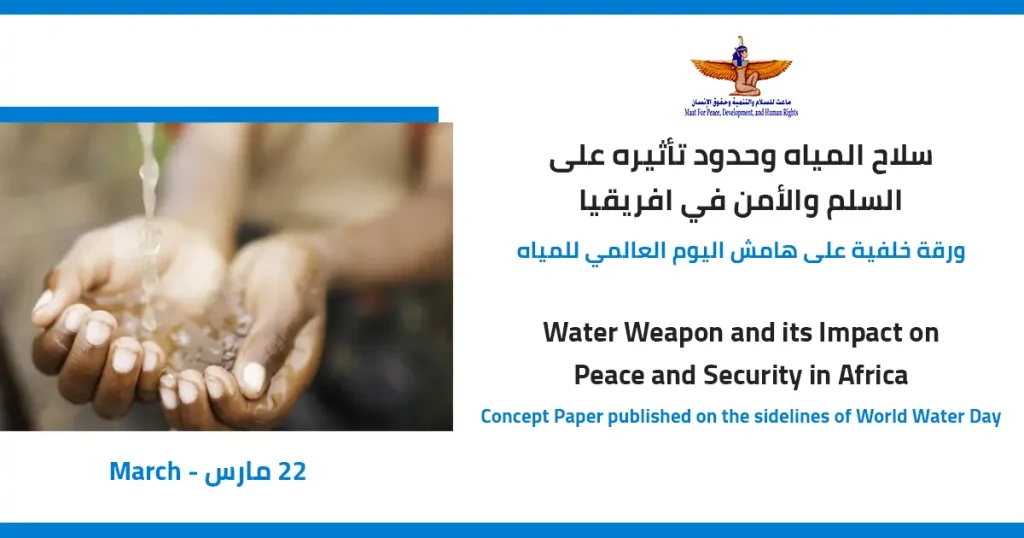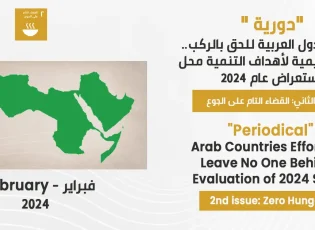Within the framework of a decentralization program that responds to citizen rights, the Hans Seidel Foundation (Egypt Office) and Ma'at Peace, Development and Human Rights have completed the organization of three simulation models for the Fifty Commission to Amend the Constitution, focusing on discussing the separation of local administration in the constitution.
The three models targeted young people in the age group 21-35 years in the governorates of Cairo (on November 1 and 2, 2013), Alexandria (on November 6 and 7, 2013), and Gharbia (on November 8, and on November 9, 2013). About 70 of these models participated in these models. Youth in the three governorates.
The simulation models included a training component about the constitution and its importance, the legislative framework governing the amendment of the constitution, then open discussions about the political framework governing the amendment of the constitution, and the models also included the young man playing the role of the fifty committee by choosing a chairperson for the committee and dividing the participants into three specific committees according to the nature of the articles of the local administration. Committees of the elected authority, the executive authority, finance and financial resources, with the election of the rapporteur of each committee.
The discussions ended with a set of important results regarding the youth’s vision of the status of local administration in the Egyptian constitution, which is currently being amended.
The amendments proposed by the youth tended to demand the constitution’s stipulation of the state’s commitment to implementing administrative decentralization and enabling local units to establish and manage public facilities while providing the necessary sources of funding through collecting public revenues and spending them at the local level with a specific percentage allotted to the central authority.
The amendments also included expanding the powers of local councils to include real oversight of executive officials through their accountability, interrogation and dismissal, and the competence of the popular councils to approve the general policy and annual budgets of local units and approve their final accounts.
With regard to appointing officials of the executive authority (governors and heads of administrative units), there was a difference between the participants. Some saw the necessity of adopting direct election as a means of appointment, while others saw the necessity of election through local councils (two-tier elections), while some saw the continuation of the appointment with Refer the matter to the law to allow it to be changed flexibly in the future
It is worth noting that Maat Foundation will hold two other models during the next two weeks and say that it will send recommendations and proposals to the proposals committee of the 50th Committee for consideration during the next stage.
Set reading font size











